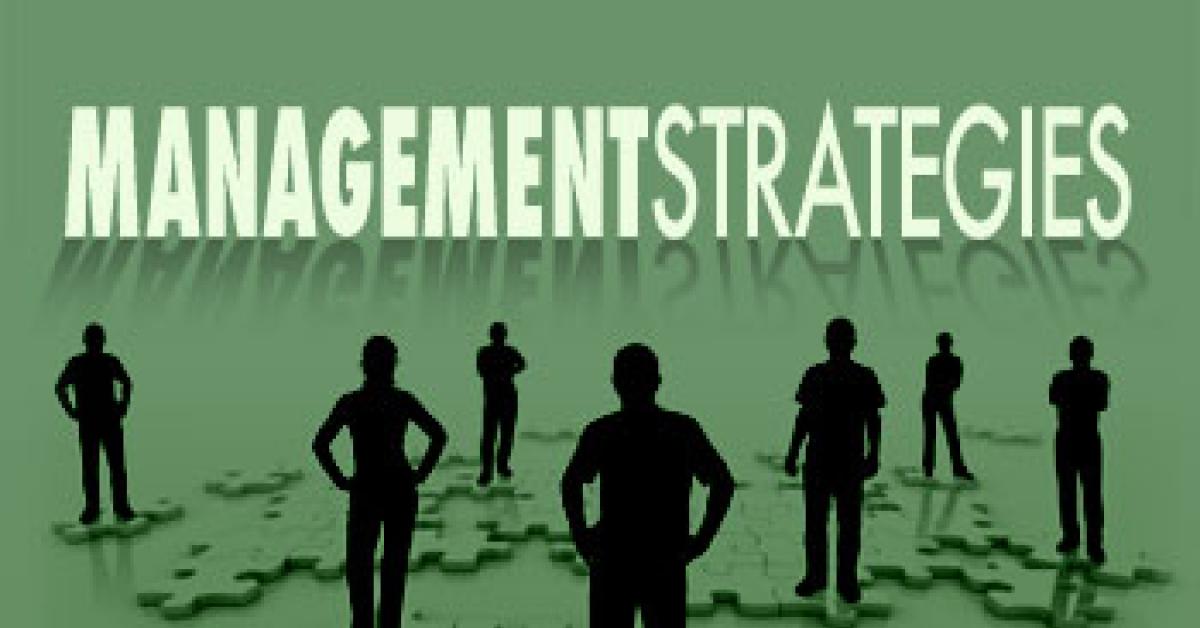SAN FRANCISCO — POS (point of sale) systems provide many valuable benefits to the professional fabricare industry and in most instances could provide many more benefits than are being utilized.
Some of the benefits are extremely basic while others are much more sophisticated aides to effectively manage the business, customers and direction to capture opportunities for the company.
BASIC FEATURE: CASH REGISTER
Cash register features are mostly self-explanatory and self-evident, completing the computing automatically instead of relying on manual calculations wherein staff errors are much more prevalent and difficult to identify and track. It reduces the reliance on people to be accurate in counting, addition, subtraction and making change.
BASIC FEATURE: SALES TRACKING
This feature allows you to begin to profile your company and track what is valuable to your customers. For example, at what location(s) do they prefer to experience your services? At what time(s) is the most customer traffic? On which categories of service are they spending the most? For whom are those services being purchased, i.e. gender, consumers vs. businesses, etc.? Are they paying cash, check, debit or credit card? Do they spend more depending upon the method of payment? Do they pick up their orders faster depending upon the method of payment?
BASIC FEATURE: BOOKKEEPING/TALLYING
Much of the information from a POS system can be directly imported into the company accounting system, saving many hours of manual calculation or tedious (expensive) data input and providing P&Ls that are timely and actionable.
ADVANCED MANAGEMENT FEATURE: CUSTOMER MANAGEMENT
Customer Management (CPM) is one of the first reasons cleaners decide to move away from a “cash register” type system to a true POS system. This aspect of the POS allows individual customers to be tracked and managed, allowing for greatly improved customer service, customer loyalty, and retention.
ADVANCED MANAGEMENT FEATURE: PROFIT MANAGEMENT
Another vital advanced management feature deals with profit management and addresses:
• Cost Control/Expense Management — Your POS provides details on customer patterns and activities that can save you significant expenses, as well as make you more sales and profit.
For example, many cleaners offer “Same Day Service.” Few know how many customers actually use it. Your POS has the answer. By tracking the invoices that were dropped off and picked up on the same day and comparing that number to the invoices that were flagged for same, it will become clear if this is a service that has value to your customers and should be continued. In many cases, this analysis has shown that the customers are not actually taking advantage of this service, which is extremely expensive to deliver.
Another example is counter-staffing patterns that can simultaneously be made more efficient and less costly by matching staffing to customer demand. This benefit also applies to shuttle scheduling. Depending on your customer needs, your shuttles can run either fewer times a day and/or during low-traffic periods and still meet the needs of your customers.
• Opportunity Identification — Identifying growing sales trends early allows you to maximize the sales in that item, category, designer, etc., by marketing your abilities earlier than your competition. Well-known past examples are the first adaptors for Ugg cleaning, and even earlier Tommy Bahama silk shirts.
• Pricing Strategy — You can easily track your relative pricing values through the POS. Are your markers capturing the correct (or enough) special-care fees for items that require special handling? The percentage of your special-care fees is a key indicator of profitability on the care of delicate items.
Check back Thursday for the conclusion!
Have a question or comment? E-mail our editor Dave Davis at [email protected].

